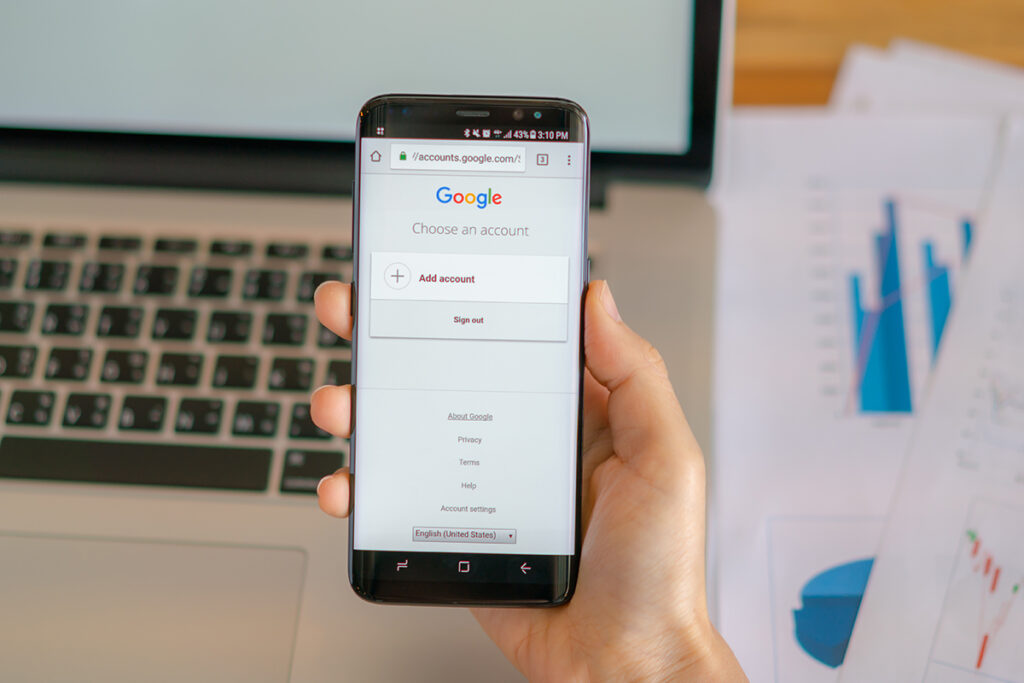In a significant legal battle that has captured the attention of the tech industry, Epic Games, the creator of the renowned video game Fortnite, has emerged victorious in its antitrust lawsuit against Google. This decision marks a crucial moment in the ongoing discourse about the control and fairness of major app stores.
A federal court jury recently found that Google’s Play Store maintained anti competitive barriers, negatively impacting both smartphone consumers and software developers. The verdict, which was unanimous and reached swiftly after just three hours of deliberation, concluded a four-week trial and dealt a significant blow to one of the technology giant’s core business areas.
This legal confrontation began three years ago when Epic Games challenged Google’s dominance over its Android app store. The central issue was Google’s policy of collecting commissions ranging from 15% to 30% on digital transactions within apps, a practice mirrored by Apple in its iPhone app store. Epic argued that Google abused its power to protect its lucrative Play Store, thereby stifling competition.
The outcome of this case stands in contrast to Epic’s previous legal endeavor against Apple. In 2021, a federal judge ruled in favor of Apple in a similar dispute, a decision that is currently under appeal at the U.S. Supreme Court.
Unlike Apple, which prohibits downloading apps from third-party sources on the iPhone, Google technically allows Android apps to be downloaded from different stores. However, the jury in the Play Store case seemed to view Google’s approach as insufficiently competitive.
U.S. District Judge James Donato, who presided over the case, will soon determine the remedial actions Google must undertake. Hearings on this matter are scheduled for the second week of January.
Following the verdict, Epic CEO Tim Sweeney expressed visible elation. In a post on X, the platform formerly known as Twitter, he celebrated the outcome as “a win for all app developers and consumers around the world.”
In response to the verdict, Google, represented by Wilson White, Vice President of Government Affairs and Public Policy, announced plans to appeal. The company maintained that Android and Google Play offer more choice and openness than other major mobile platforms.
This legal decision could have far-reaching financial implications for Google. While the company’s primary revenue stream from digital advertising is not directly affected, it stands to lose billions in annual profits generated from Play Store commissions.
During the trial, both sides presented their arguments robustly. Epic’s legal team accused Google of deploying a “bribe and block” strategy to discourage competition. In contrast, Google’s defense highlighted the importance of the Play Store for Android’s competitiveness against Apple’s iPhone.
Key testimonies in the trial included those from Google CEO Sundar Pichai and Epic’s Tim Sweeney. The discussions often revolved around the competitive dynamics between Google’s Android and Apple’s iPhone ecosystems.
This verdict is not the end of Google’s legal challenges. Another major antitrust trial in Washington will soon decide on Google’s relationship with Apple in online search, an aspect critical to the tech giant’s origins and growth.


